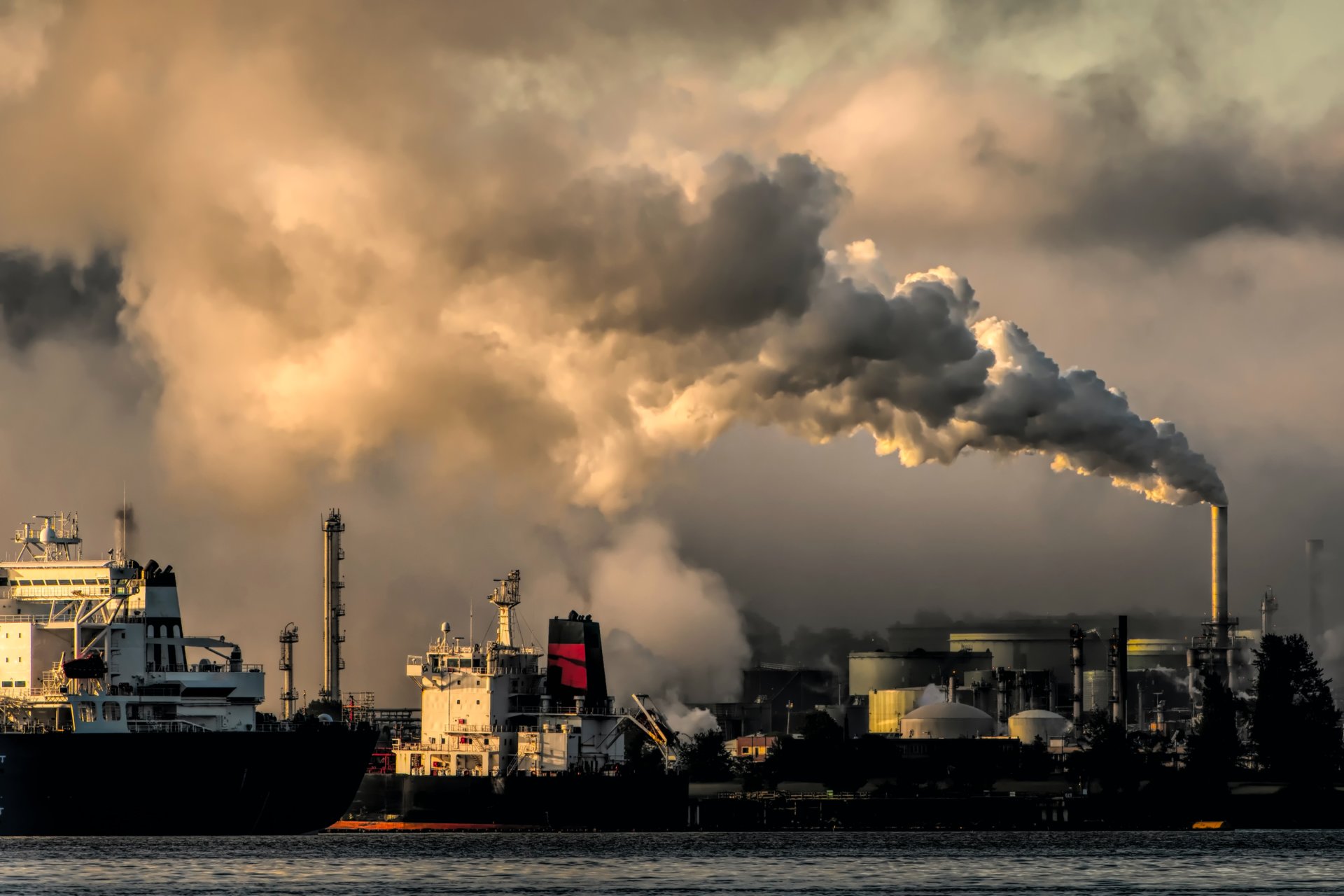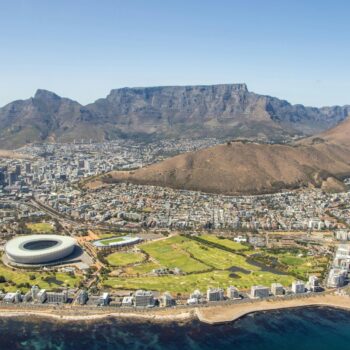- In the final hours of 2021, the EU Commission started a member states consultation for the long-awaited draft proposal for nuclear energy and fossil gas in the EU Taxonomy. Unlike for previous technical criteria, it will not be open for a public consultation.
- The proposed text classifies both fossil gas and nuclear energy as ‘transitional’ green activities under the Taxonomy Regulation – if there are no technologically and economically feasible low-carbon alternatives.
- Investors, civil society and Members of the European Parliament have criticised the Commission and Member States for the inclusion of gas and nuclear as green activities, as it lowers the taxonomy’s ambition.
Story
The Commission outlined in a press statement the next steps for a draft delegated act that will clarify the role of gas and nuclear in the EU taxonomy. The Commission will consult with a closed group of stakeholders on the delegated act, including the Member States’ Expert Group (MSEG) and the Platform on Sustainable Finance. There will be no opportunity for the public to scrutinise the delegated act, unlike for previous technical criteria. A first delegated act, approved in early December, defined which activities make a significant contribution or at least do no harm to tackling climate change. The official publication of the second delegated act is expected in mid-January.
The draft text outlines the criteria by which fossil gas and nuclear energy would be considered sustainable. Both are included as ‘transitional’ activities under the green category as per Article 10 (2) of the Taxonomy Regulation. Activities are green when there are no technologically and economically feasible low-carbon alternatives – emissions level must be the best performance in the sector, do not hamper the development of low-carbon alternatives, and do not lead to stranded assets. E3G is clear that neither fossil gas, nor nuclear energy fulfils these requirements. The proposal risks channelling investment into technologies of the past, rather than the much-needed expansion of renewable energy solutions.
A taxonomy including fossil gas and nuclear falls behind current market practices in sustainable investing and put the EU’s leadership role in financial regulation at risk. It could also lead to other jurisdictions adopting similar weak criteria, as just happened in South Korea. Short-termism triumphs long-term strategic thinking and the EU’s geopolitical role as a standard-setter and leader in the climate transition.
As a result of pressure by some member states, the drafting process of the technical criteria has been compromised by political interest rather than evidence-based science and technical expertise. Therefore, to preserve the credibility of the taxonomy and its standard-setter role, the EU needs urgent reforms of the governance process and transparency of how technical decisions are made.
Quotes
Tsvetelina Kuzmanova, Policy Advisor, EU Sustainable Finance said:
“2021 in Europe was marked by a string of intense political rows, backroom deals and manoeuvring over how to bypass scientific evidence and classify fossil gas and nuclear energy as sustainable. Overt and needless politicisation of the very definitions of ‘green’ in the Green Deal only points to the need of urgent reforms to the governance process if the taxonomy is to remain credible and usable.”
Johannes Schroeten, Policy Advisor, Sustainable Finance (Germany) said:
“To keep the integrity and relevance of the taxonomy, we now need three things. First, a public consultation. Second, a strong diplomatic push from member states advocating for a truly green taxonomy. Germany is a key player and has to voice clear opposition against gas and nuclear in the taxonomy. Thirdly, a majority in the European Parliament rejecting the proposed inadequate criteria is urgently needed.”
Lisa Fischer, Programme Lead, Climate Neutral Energy Systems, said:
“Gas and nuclear energy have no place in the EU Taxonomy. Gas investments are not only harmful to the climate they are also increasingly financially risky. Nuclear makes the EU’s energy transition more costly than it needs to be. Such a sustainability label makes neither environmental nor economic sense – we need to incentivise investment into the best we have got, not into yesterday’s solutions.”
Available for comment
E3G experts are available for commentary – please contact them directly:
Tsvetelina Kuzmanova, E3G Policy Advisor, EU Sustainable Finance
+32 (0)483 98 96 51 | tsvetelina.kuzmanova@e3g.org
Johannes Schroeten, E3G Policy Advisor, Sustainable Finance Germany
+49 (0) 160 9596 4443 | johannes.schroeten@e3g.org
Lisa Fischer, Programme Leader, Climate Neutral Energy Systems
– ENDS –
Notes to Editors
- E3G is an independent European climate change think tank with a global outlook. We work on the frontier of the climate landscape, tackling the barriers and advancing the solutions to a safe climate. Our goal is to translate climate politics, economics and policies into action. About – E3G
- For further enquiries email press@e3g.org or phone +44 (0)7783 787 863


